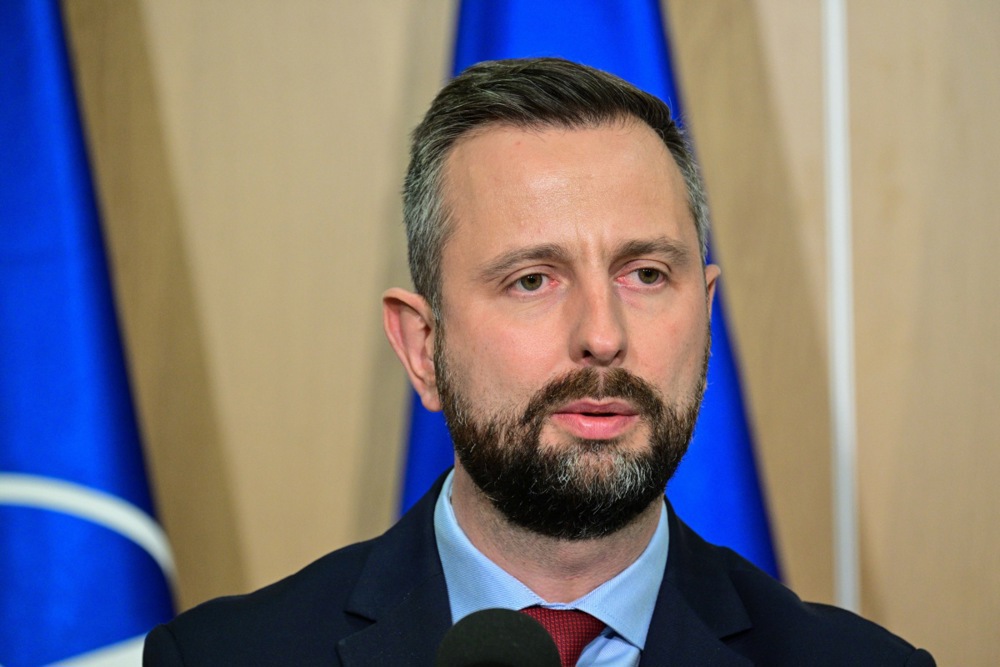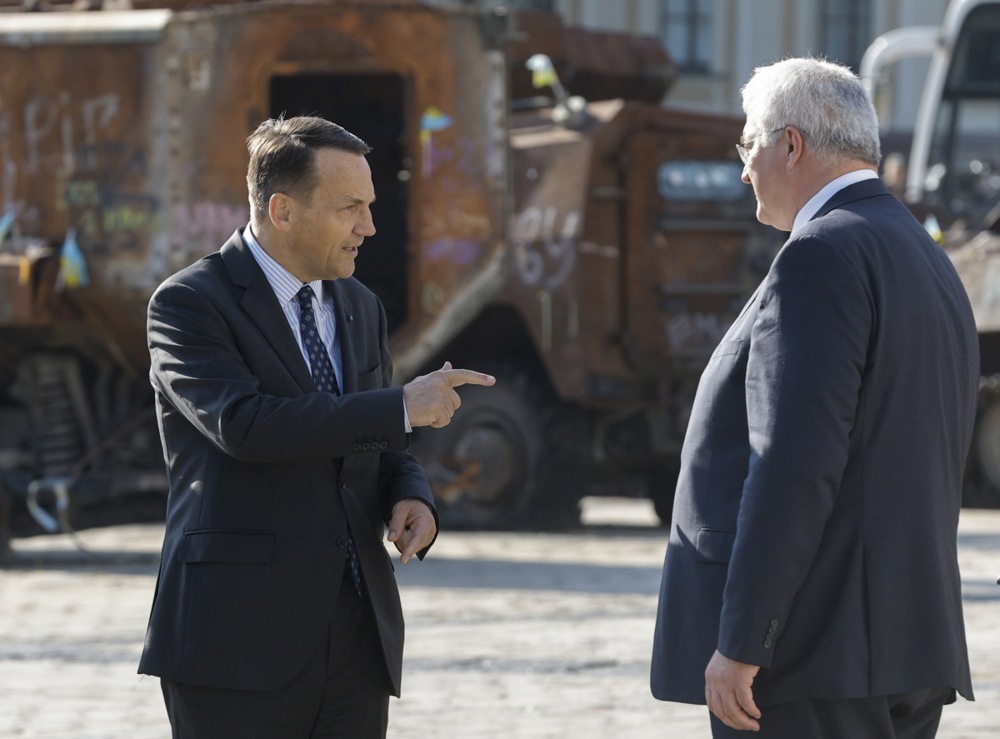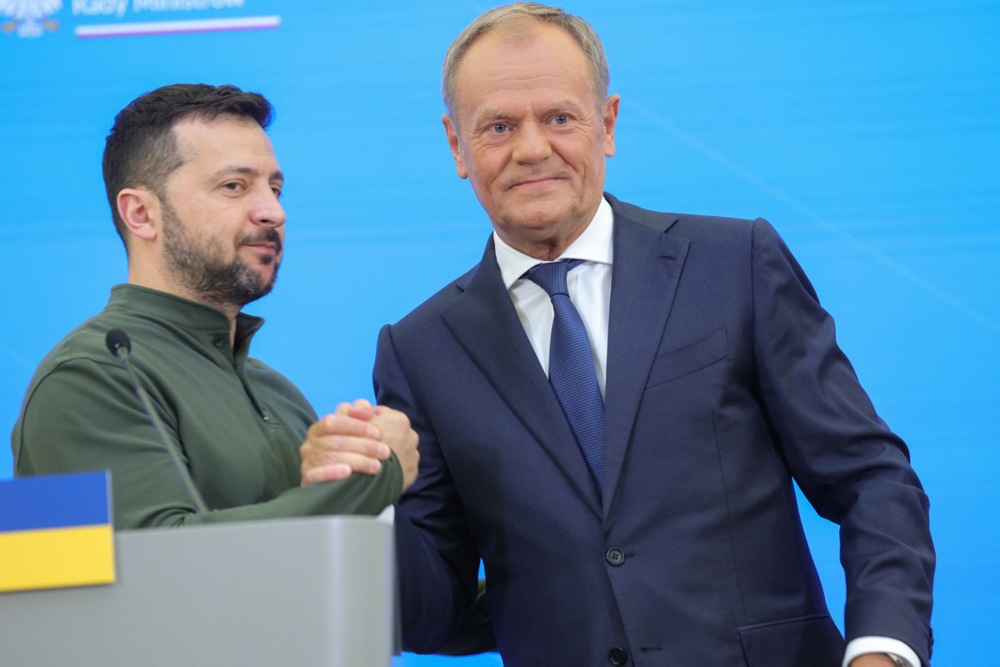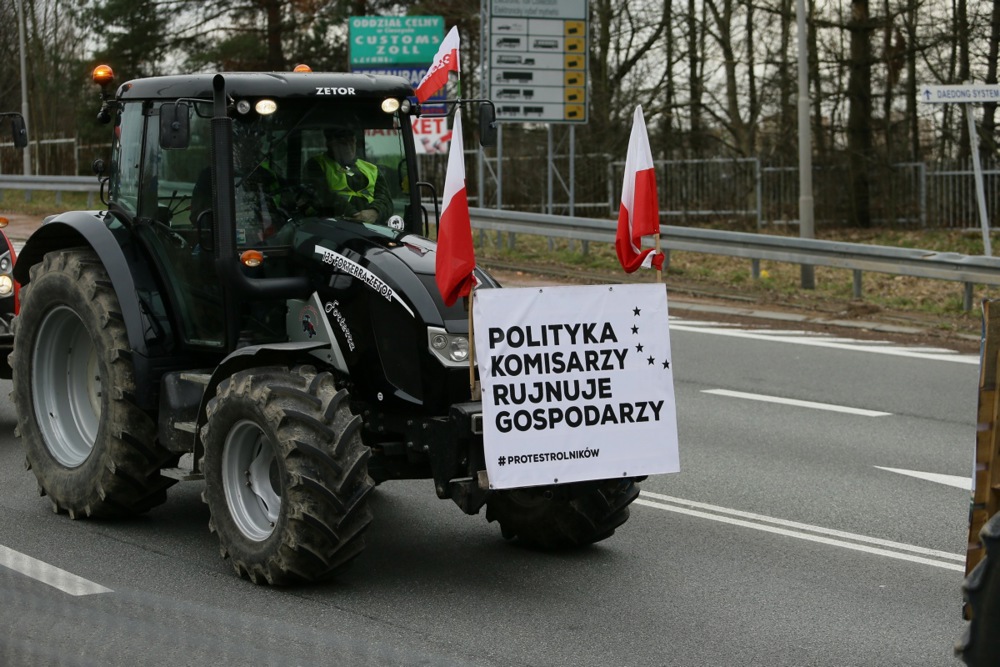The Ukrainian and Polish foreign ministers have agreed there will no longer be any obstacles to exhuming the remains of Poles massacred by Ukrainians during the Second World War.
The agreement was announced in Warsaw on November 26 during a visit by Ukrainian foreign minister Andriyi Sybiha to his Polish counterpart Radosław Sikorski. It signalled a breakthrough to a problem that has for many years been souring relations between the two countries.
Speaking after the meeting with Sybiha, Sikorski said: “Ukraine confirms that there are no obstacles to the conduct of search and exhumation work on the territory of Ukraine by Polish state institutions and private entities in co-operation with relevant Ukrainian institutions and declares its readiness to positively consider applications in these matters.”
Sybiha said the two countries were working on “practical mechanisms for conducting search and exhumation work”, adding that “every family has the right to honour the memory of their ancestors”.
The dispute between Poland and Ukraine over the Volhynia massacre of 1943 involved differing views on the killings of Poles by the Ukrainian Liberation Army (UPA) during the war. Poland deems it to have been an act of genocide, while Ukraine regarded it as part of its struggle for independence.
The Volhynia massacre, which took place on territory that had been a part of Poland before the Second World War and today is part of Ukraine, claimed the lives of an estimated 100,000 Polish men, women and children.
The tension had been heightened by Ukraine’s refusal to allow the exhumation and proper burial of Polish victims, a key demand from Poland to facilitate reconciliation. The refusal had led some Polish politicians such as the defence minister Władysław Kosiniak-Kamysz to insist Ukraine would not enter the European Union while Kyiv defended the crimes committed by its nationalists.
Poland’s opposition Conservatives (PiS) party welcomed the agreement over the exhumations but former education minister Przemysław Czarnek told Polish public radio Trójka on November 27: “Unless the exhumations resume immediately, rather than the Polish side being invited to apply for permission for them, little will have changed.”
During the meeting of the Polish and Ukrainian foreign ministers, Sikorski confirmed that Warsaw would support the acceleration of Ukraine’s accession to the EU.
In January next year, Poland takes the reins at the Council of the EU and Sikorski promised that “as the president, we will not only strive to keep Ukraine high on the EU agenda, but we will also mobilise our partners to impose additional sanctions on the Russian Federation, including the so-called shadow fleet, ie the fleet of tankers that Russia uses to circumvent sanctions.”
Despite the fact that Warsaw has delivered substantial military and humanitarian aid to Ukraine and to citizens who fled to Poland after the 2022 Russian invasion, Polish-Ukrainian relations have deteriorated in the past two years over the Volhynia massacre issue and a dispute about Ukrainian grain and other agricultural produce entering Polish markets.





